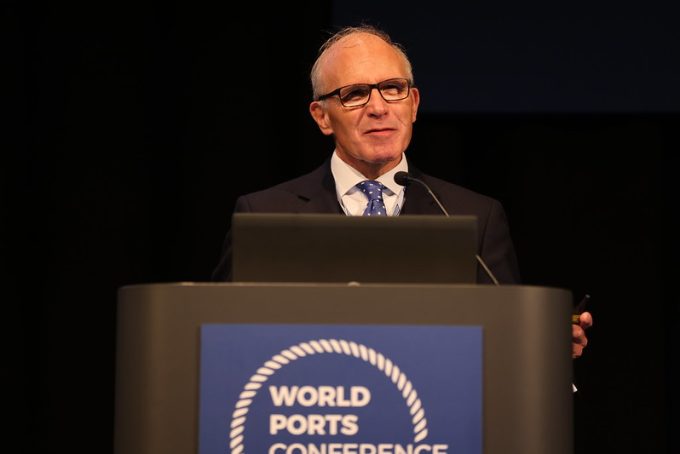Zim steams ahead with LNG newbuilds – 'a commercial differentiator'
Zim is leaning into its green credentials and betting big on LNG, following a third ...

Regulation introduced to decarbonise shipping could lead to the demise of certain deepsea shipping sectors, delegates at the World Ports Conference in Hamburg were told this morning.
Tim Power, MD of Drewry Shipping Consultants, noted a recent prediction from class society DNV that the cost to ...

Comment on this article
Arthur Brown
October 10, 2024 at 8:20 pmThat’s the point of going “Green” – it’s to go broke.